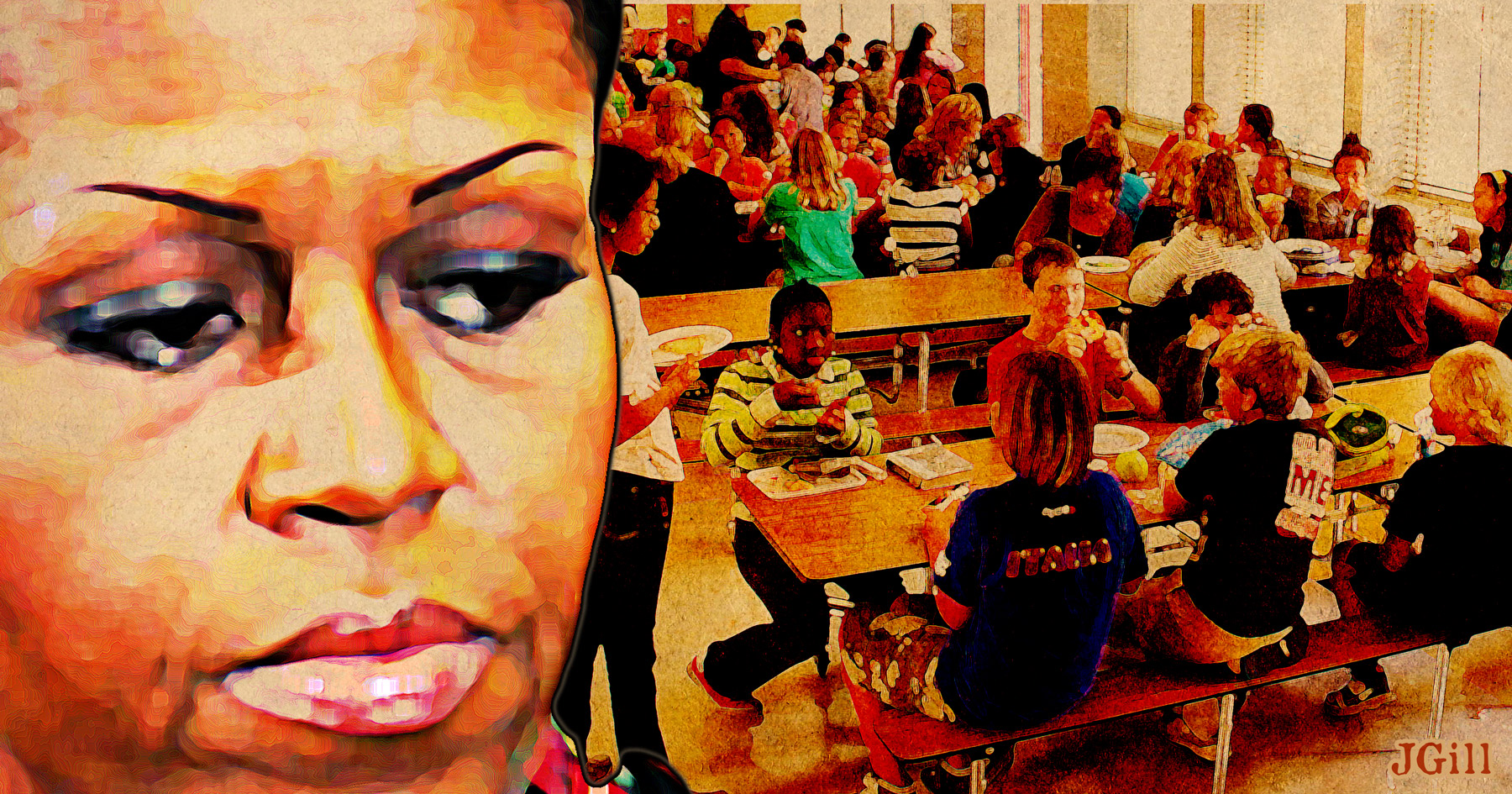Irving, Texas, authorities — I use that term loosely — announced yesterday that the case has been closed. Over. Finito. These aren’t the droids you’re looking for.
What case? That of the 14-year-old clock-maker assumed to be a potential bomb-making/let’s‑err-on-the-side-of-panic terrorist.
Perhaps it didn’t help that the youngster had the wrong last name: Mohamed. Or that his family had immigrated from Sudan.
Ahmed loves to tinker. On Monday, he brought one project, a clock, to school hoping to impress his engineering teacher. His teacher mistook the clock for an improvised bomb, and told Ahmed not to show it to anyone. When the clock’s alarm went off later, his English teacher took the clock and told him to pick it up after school.
Later, the principal pulled Ahmed out of class. Five policemen then interrogated the lad, eventually handcuffing and marching him to juvenile detention.
A police spokesman admitted there was never any threat made. And, of course, no bomb. Ahmed’s engineering teacher clearly wasn’t scared. Yet, this 14-year-old was still treated like a … terrorist.
Before being released.
Some charge this is a case of obvious bias against this student’s race or religion. Maybe that’s why even Hillary Clinton tweeted her support for the student and why President Obama invited Ahmed to bring his clock to the White House.
Though prejudice may be part of this story, I doubt it’s the main issue. Many students not named Mohamed have been treated similarly — for bringing a butter knife to cut an apple at lunch, or gnawing a PBJ sandwich into the shape of a gun, or (horrors!) “shooting” pointed fingers at classmates.
Public school’s zero-judgment zero-tolerance is equal opportunity insanity.
Not Common Sense. I’m Paul Jacob.









